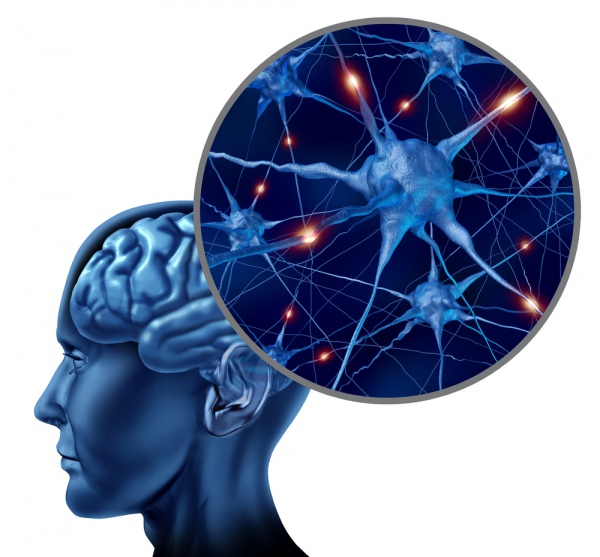
Valenta Held a Conference on Problems of Neuropsychology
24.09.2015
In September, 2015, «Actual Problems of Neurology» conference was held with the support of Valenta in St.-Petersburg. More than 100 neurologists of out-patient faculty participated in the event. The expert team included: V.V. Kovalchuk, the Honored Doctor of Russia, D.M.Sci., Director of Medical Rehabilitation Centre, Head of the Department of Neurological Rehabilitation at Semashko hospital No.38, Professor of the European Academy of Natural Sciences, Chairman of the Regenerative Medicine Society (St.-Petersburg) and T.V. Reshetova, D.M.Sci., Professor at Mechnikov NWSMU.
The participants of the conference discussed the most effective measures to control brain vascular diseases and shared opinions on systemic approaches to the therapy of cerebral blood circulation deficiency. In particular, the participants considered rational approaches to the choice of methods of patients’ rehabilitation after stroke.
V.V. Kovalchuk, the Honored Doctor of Russia, D.M.Sci., Director of Medical Rehabilitation Centre, Head of the Department of Neurological Rehabilitation at Semashko hospital No.38, Professor of the European Academy of Natural Sciences, Chairman of the Regenerative Medicine Society (St.-Petersburg): «Brain vascular diseases are one of the most urgent problems of modern medicine, being a principal cause of the population enduring and profound disablement and one of principal causes of fatal outcomes. The statistics evidently shows the urgency of the problem. In Russia, the incidence of stroke is 300-400 cases per 100,000 people a year, giving 170-220 fatal outcomes per 100,000 people a year, while the number of patients suffering from brain vascular diseases steadily increases. In each case, it is extremely important to choose the most effective, individual methods of prevention of brain vascular diseases, as well as the patient’s treatment and consequent rehabilitation.»
Insomnia is another actual topic on the agenda of today’s neurology. It was a subject of discussion at the last conference. Lots of people suffer from sleep disorders. According to the official statistics of the World Health Organization (WHO), 40% of people suffer from insomnia, and 15% — from chronic insomnia. Even if insomnia occurs occasionally, it can provoke the development of chronic insomnia, and subsequently provoke asthenic syndrome, depression and anxiety mental disorders.
T.V. Reshetova, D.M.Sci., Professor at Mechnikov NWSMU: «Proper and healthy sleep is a resource factor of enormous force. Sleep disorder is not a habitual inconvenience — it is an ICD-10 diagnosis. Insomnia disrupts normal functioning of various organs and systems, and impairs the quality of life. Without understanding of true causes of sleep disorders, therapy can only be of symptomatic nature. After exemption of somatic causes of insomnia, its most frequent triggers are anxiety, asthenia, or depression. And these disorders can and need to be treated. Proper sleep is an important natural system of body recovery. And we can do a lot to use the reserves of our own organism more effectively.»
